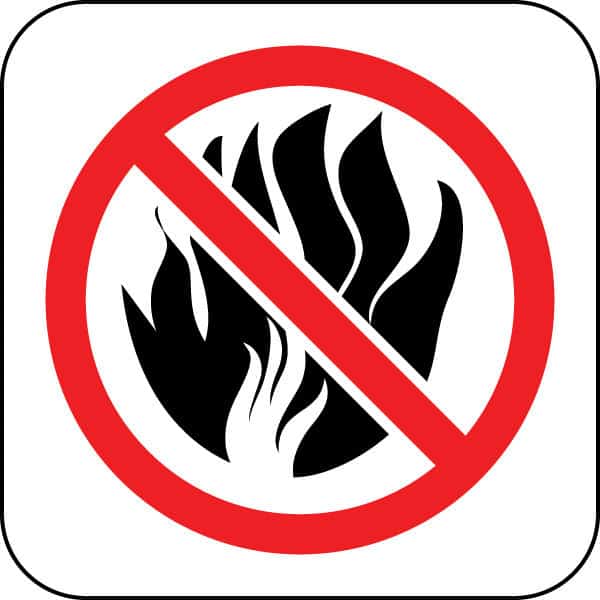
Just before the building of the Mishkan, Moses reiterates to the Israelites that they must observe Shabbat. The ancient rabbis understood this to mean that all of the actions used to build the Mishkan are precisely the one we do not do on Shabbat, and this was the basis for the rabbinic prohibitions of certain types of “work” on the Sabbath day. But in addition to the general prohibition of work, the Torah also specifically says that fire may not be kindled on Shabbat (Exodus 35:3). Why would the Torah single out fire, when it had already prohibited work (which includes kindling a fire)? The ancient Alexandrian sage Philo taught that this verse actually means, “Do not kindle the fire of anger in any of your dwellings on Shabbat.” Shabbat is not only a day to refrain from work but also a day to refrain from the strong negative reactions to other people’s words and actions that can come to dominate our lives on weekdays. Shabbat is the time for us to let go of our anger and our fear, our resentment and our envy, and to try to appreciate the gift of our lives, the blessings that surround us that can be eclipsed by focusing on what is bad in the world. May we all try to let the fire of our anger–whether righteous or not–die down a little as we welcome Shabbat into our hearts.
